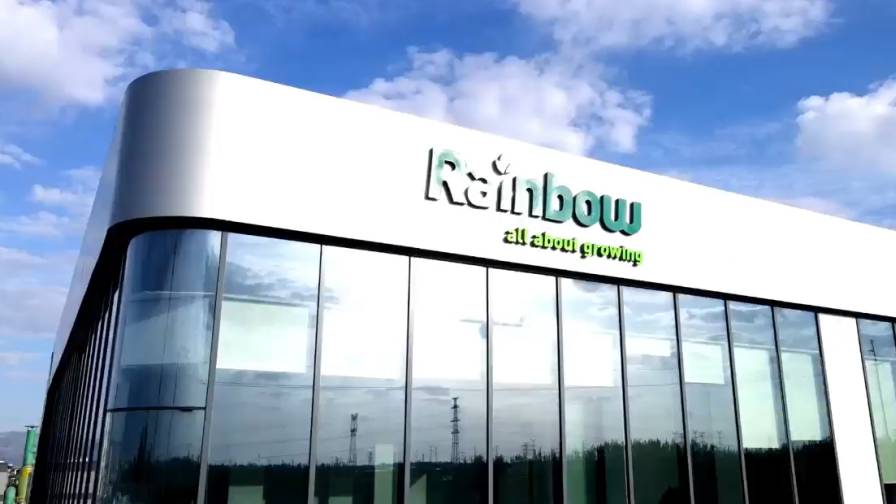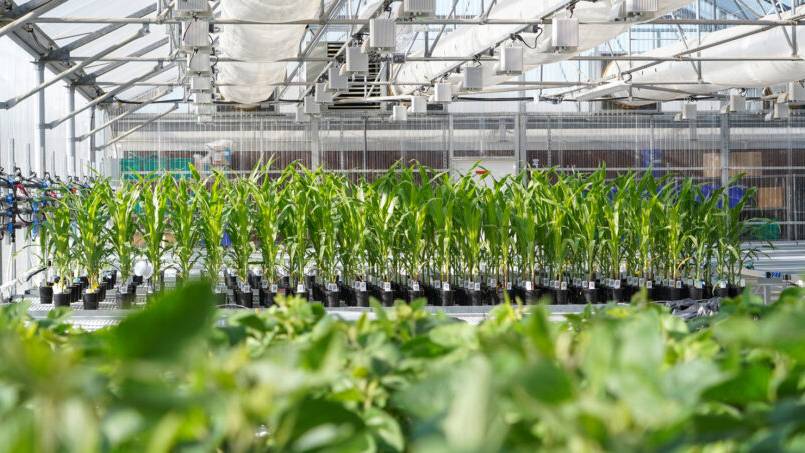It’s All About Glyphosate
It’s hard to say what happens more often that some organization decrying glyphosate as a danger in need of immediate banning or a government agency citing yet another scientific study declaring the herbicide safe for human use, a non-carcinogen.
In its most recent press release Environmental Protection Agency, the most recent scientific body to give glyphosate its stamp of approval (again), said “EPA continues to find that there are no risks to public health when glyphosate is used in accordance with its current label and that glyphosate is not a carcinogen. The agency’s scientific findings on human health risk are consistent with the conclusions of science reviews by many other countries and other federal agencies.”
The press release went on to say, “Glyphosate is the most widely used herbicide in U.S. agriculture and has been studied for decades. Glyphosate is used on more than 100 food crops, including glyphosate-resistant corn, soybean, cotton, canola and sugar beet. Non-agricultural uses include residential areas, aquatic areas, forests, rights of way, ornamentals and turf.”
With food security a concern for much of the world, denying hungry people one of the most effective solutions available is truly unconscionable.
“If we are going to feed 10 billion people by 2050, we are going to need all the tools at our disposal, which includes the use the glyphosate,” U.S. Secretary of Agriculture Sonny Perdue said.
Interestingly, I suspect that the same conspiracy theorists that fight the use of glyphosate accept the science that says climate change (global warming) is not only real, but that man contributes to its acceleration. The overwhelming majority of scientists say just that, but these same people refuse to accept the science behind glyphosate. It simply makes no sense – not that logic has ever been part of the anti-glyphosate argument.






